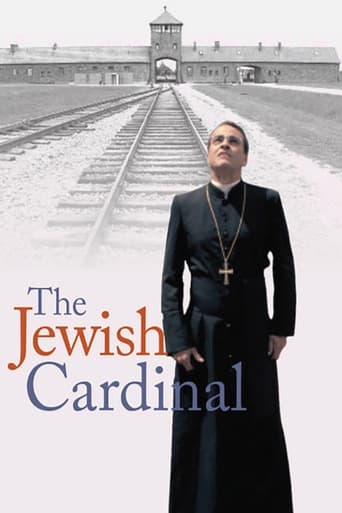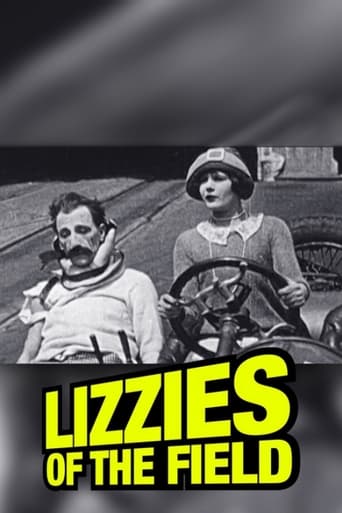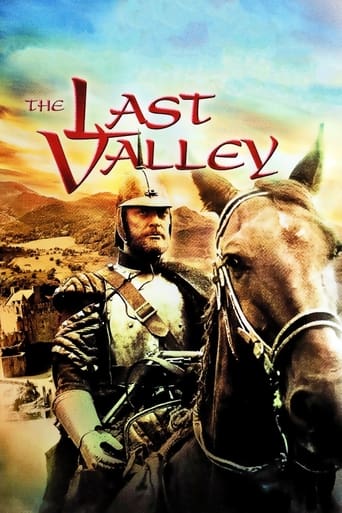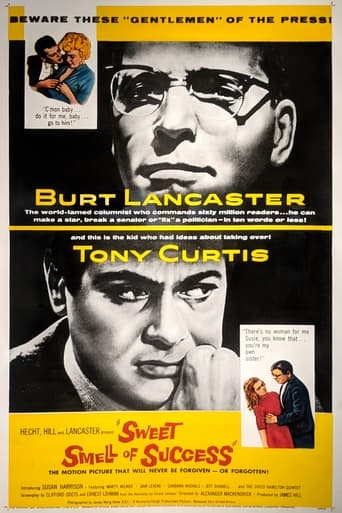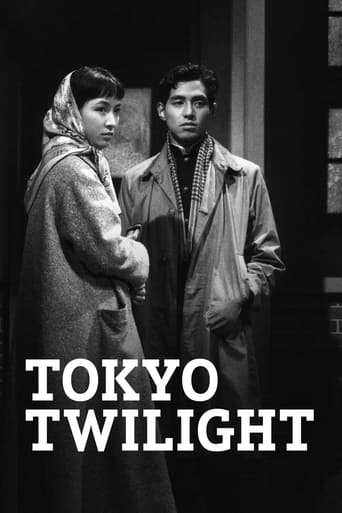


Tokyo Twilight
Two sisters find out the existence of their long-lost mother, but the younger cannot accept the fact that she was abandoned as a child.
-
- Cast:
- Setsuko Hara , Ineko Arima , Chishū Ryū , Isuzu Yamada , Teiji Takahashi , Masami Taura , Haruko Sugimura


Similar titles
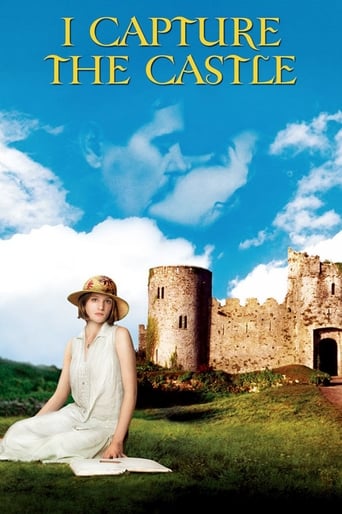
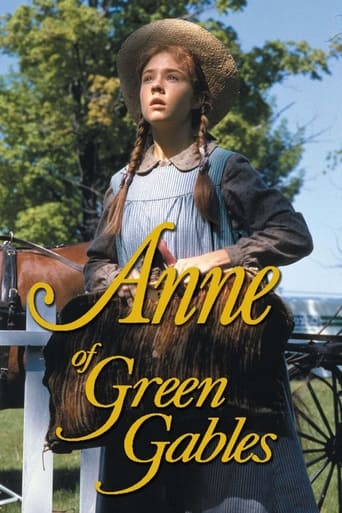
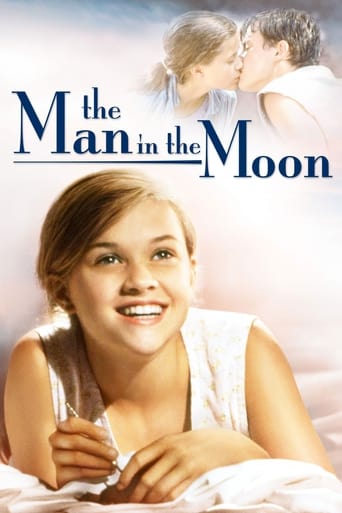
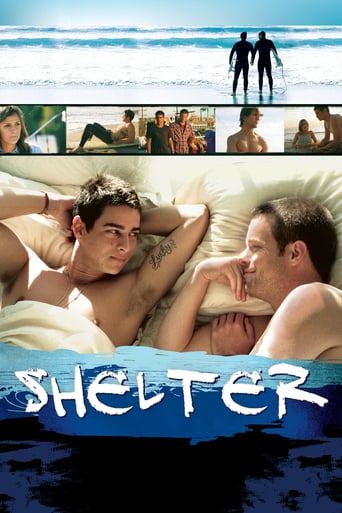
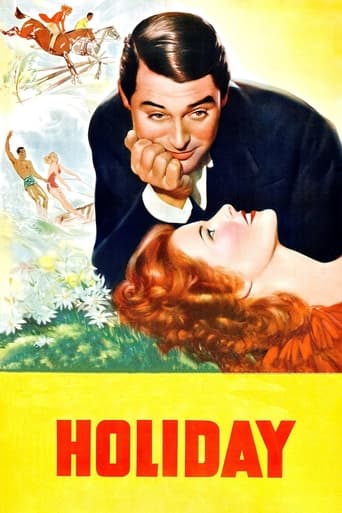
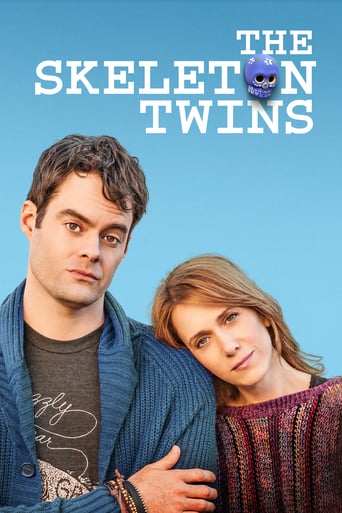
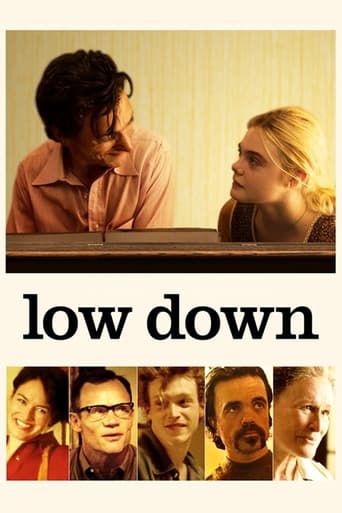
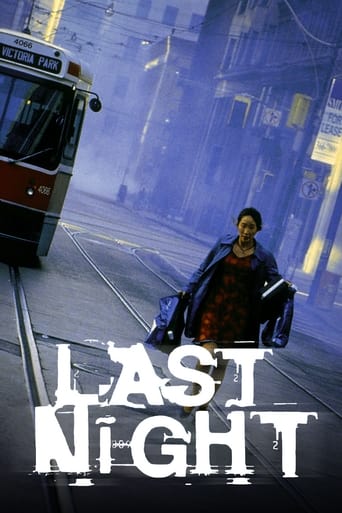
Reviews
Perfect cast and a good story
If you don't like this, we can't be friends.
A terrific literary drama and character piece that shows how the process of creating art can be seen differently by those doing it and those looking at it from the outside.
Each character in this movie — down to the smallest one — is an individual rather than a type, prone to spontaneous changes of mood and sometimes amusing outbursts of pettiness or ill humor.
Viewed on DVD. Restoration = ten (10) stars. Unlike most films from Yasujiro Ozu, here is a movie you have NOT mostly seen before you actually see it! This is mainly due to a plot that is uniquely divergent for this director (who is also a co-author of the script). It is a refreshing relief from the usual over-the-top depiction of tragedy in many/most dramatic films of the era. No over-blown emoting (except for the youngest lead actress), extensive distraught hand wringing or scenery eating. On the other hand, the serene depiction of an extended family confronting life-changing misfortunes is unrealistically presented as essentially a "business- as-usual," every-day occurrence. The lectern is disguised, but the viewer can not escape the nuanced feeling of being lectured by the Director on how financially well-off, contemporary Japanese families are supposed to confront and react to tragic events. This is a movie that projects the director's opinion of how Japanese society should be, not how Japanese society necessarily was in the mid 1950's. There is not much in the film that is new at the execution level. As usual, there are no surprises, since the script telegraphs all forthcoming events. Most of the director's filming techniques, trade-mark shots, and artifacts are the same as used ad nausea in other films (except for the absence of clothes lines and the frequent substitution of "side acting" for "back acting" this time). As usual, the film is much too long and dragged out. Pretty much the same (outstanding) leading actors/actresses are in residence. Studio sets have been recycled as usual: this family seems to live in the same house as all the other families seen in all the director's other films (complete with bell-ringing outside sliding doors). All establishing shots are at worm's eye level which usually cuts the actors off at mid torso. The schizophrenic film score is badly in need of a music editor to match music and themes with actors and scenes. Music ranges from rip-offs of contemporary Italian movies (especially during the opening credits) to very light-weight Wagner. To add to this sorry state, happy music often accomplices the depiction of somber screen moments. Cinematography (black and white) consists of static shots using graying filters for real exteriors and an antique, narrow-screen format. Subtitles are just right: they neither lag nor lead the clearly enunciated dialog delivery. So in the final analysis what do we have? A photo play that is definitely worth watching and watching in its entirety, although surviving repeat viewings may prove beyond challenging. WILLIAM FLANIGAN, PhD.
This is my fifth Ozu film. And as I watch more of his movies my respect for his genius keeps on growing. He is more avant-garde than any other film maker I have seen.While others use wars as backdrop to create a more touching drama, wars just find a small reference in his films even if his characters have lived through them. While other use death as a dramatic pivot for the whole movie, Ozu skips it altogether. People do die in his films, but they do it off screen. There are no famous last dialogs about life or last moments.But despite these things or maybe because of these things, his movies are more poignant and touching than any other I have seen. I don't really cry while watching his movies. Instead they leave me in a strange tranquil state of mind, wistfully smiling.Another thing to note is that while his movies reveal more about Japanese culture than any other movies I have seen, at the same time they are very universal.If you haven't seen any movie by Yasujiro Ozu, I recommend starting with Tokyo Story or Good Morning. This one seems much longer as it takes some time to start and is devoid of humor. This is not meant as a criticism, Tokyo Twilight is still an amazing experience. But I think an average viewer should start with something else.
I regret to say this, but even the brilliant Ozu, even the mature Ozu, had off-days. Ozu created many masterpieces, but this film is far less. The disasters come so fast, their development is so thin, the characters are so weakly developed and the coincidence upon which the plot turns is so great that this movie falls way below Tokyo Story, Late Spring, Equinox Flower or An Autumn Afternoon. If this is a masterpiece, what are those films?All the disasters of this family are pushed onto the screen in too short a time -- the pregnancy, the abandonment by the mother, Setsuko's breakup with her own husband. The main weakness, I think, is the lack of development of the wife who deserted Ryu. Why did she leave? The coincidence that the daughter and her friends frequent a mah-jongg parlor which turns out to be owned by the long-gone mother -- coincidences like that happen in real life, but in movies they are much too convenient.Long live Ozu! But not "Tokyo Twilight."
A deeply, uncharacteristically dark film, even among other "dark" Ozu films (i.e. A HEN IN THE WIND, EARLY SPRING) that may require a theatrical setting for the viewer to be fully absorbed in the strange, dark textures of the world Ozu presents. I myself was pretty alienated for the first 1/2 hour or so until the wintry chill of the mise-en-scene (brilliantly suggested in the slightly hunched-over postures of the characters) found its way into me instead of keeping me at arm's length. And from there this story builds in unwavering intensity as it follows a family on a slow slide into dissolution: a passive, judgmental patriarch (played by Chisyu Ryu, subverting his gently accepting persona in a way that is shocking), his elder daughter, a divorcee with a single child (Setsuko Hara, playing brilliantly against type -- who'd have thought the sweetest lady in '50s Japan had such an evil scowl?), and his younger daughter (Ineko Arima, a revelation), secretly pregnant and searching for her boyfriend, get a major shakeup when their absent mother, who the father had told them was long dead, re-enters their lives. Ozu's vision of post-war Japan and how the sins of one generation get passed on to the next, illustrated brilliantly by a series of parallels drawn sensitively between characters, manages to be both compassionate and scathing -- even a seemingly cop-out happy denouement is embedded with a poison pill. A masterpiece, without question, one that throws all of Ozu's depictions of modern society in a beautifully devastating new light.

